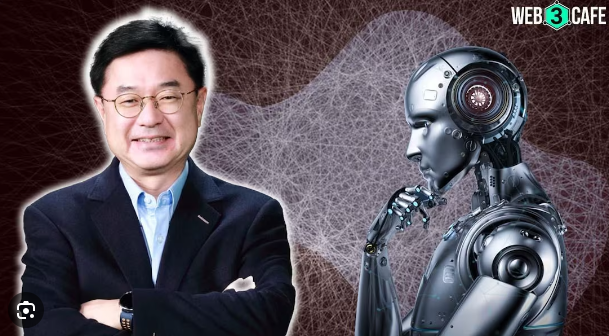At a time when Artificial Intelligence and Machine Learning are transforming the landscape of digital discourse, the President and CEO of Samsung South West Asia, JB Park, has decided to weigh in on the subject.
Ahead of Samsung’s flagship event – Unpacked, JB Park, who is famously known for being media-shy, chose to relax by engaging in a conversation with CNBC-TV18 in Seoul, South Korea. During this interview, he openly expressed his passion for evolving technologies, with a particular fascination for Artificial Intelligence. JB Park enthusiastically shared his belief that self-learning Artificial Intelligence holds the key to unlocking unparalleled opportunities in the digital age.
On the subject of regulation, he stressed the importance of implementing appropriate safeguards to ensure the sustainable development of the technology. He argued that, like any other technological advancement, the progress of this technology should be guided by a clear and well-defined regulatory framework established by the government. Notably, he openly expressed his apprehensions regarding AI. When questioned about the possibility of AI systems gaining self-awareness, he warned against permitting AI to be utilized for harmful purposes towards humanity. Elaborating on his statement, he emphasized the necessity of exercising caution when deploying AI in the defense industry.
However, as the capabilities of AI continue to expand, there arises a pressing need to approach its deployment with caution and wisdom. Samsung JB Park, a prominent thought leader in technology ethics, stresses the importance of using AI responsibly and avoiding its deployment for defensive purposes. Before delving into the necessity of responsible AI usage, it is essential to acknowledge the immense power AI possesses. AI algorithms can process vast amounts of data, identify patterns, and make decisions with unprecedented speed and accuracy.
He also reflected on if like South Korea, India should follow the model of promoting national champions for realising developmental goals. He looked back on the South Korean experience and said that the country has followed a model of assigning major developmental and growth challenges to domestic champions, and it has worked.









